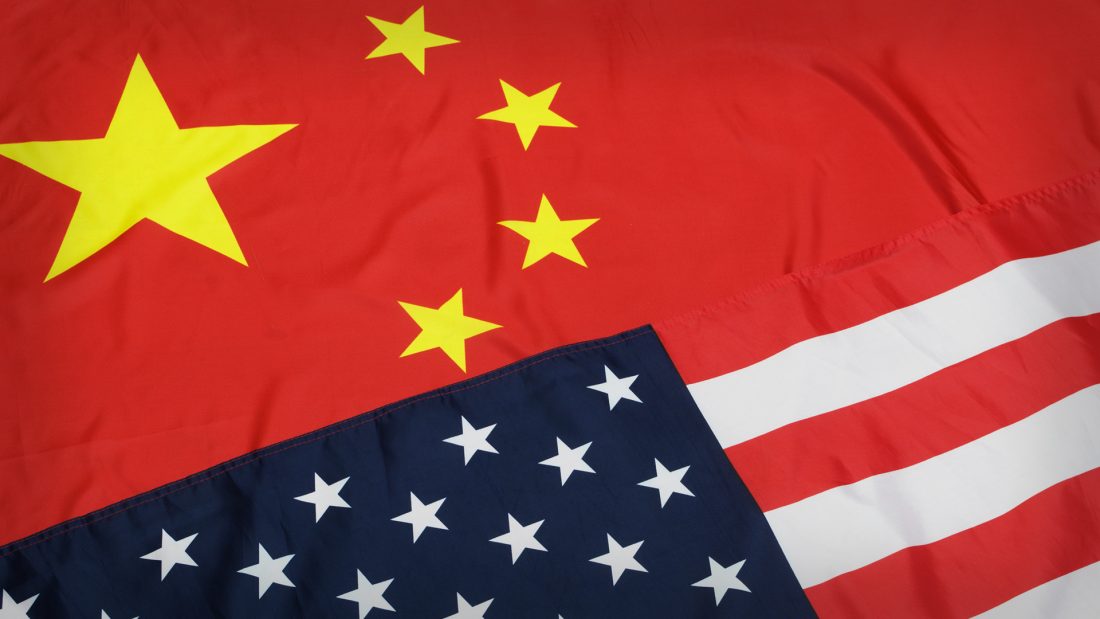China Sourcing: Overcoming the Negative Perception
September 30, 2024

Lately, negative feelings about doing business with China have noticeably increased. We note this is happening not just here in the USA, but in many other places in the world including Europe, Australia, South America and South East Asian countries like Malaysia. The reason this has developed this way goes way beyond the scope of this humble blog, but it’s something we encounter frequently in China Sourcing Services.
Let’s just say that people and politics are involved, and that there are bumps in the road of the rise of China as a nation.
Still, an importer is justified in wondering why this is happening now and whether this sentiment is a threat to their business. What are the current circumstances that amplify the anti-China sentiment, and does it still make sense to import from China?
Let us shed a light first on the main reasons for this lack of love:
Fear of the unknown
Because of its size and unique culture, China has historically always been a big factor in global politics and commerce, and reached its apogee in the seventeen-hundreds. After that, its importance subsided as it increasingly isolated itself from the world. But all the countries in the world remained very aware of its presence, and many were weary of its renewed rise. Napoleon notably said: “When China wakes the world will tremble.” Well, China has definitely awakened, and its increased strength disrupts that status quo and worries many, which is something we often encounter in China Sourcing Services.
Global Politics
Although the consensus is that it was a good thing to welcome China back into the family of nations, making room for this large player at the table was not easy. There was much give and take and not all of it was favorable to all countries involved. China recently started to benefit too much from old agreements and new perceptions, and the US, being the largest economic power in the world, pushed back. This led to acrimony, disputes, and tariffs.
US Politics
Election time is always a good time to bash China. It seems to be a standard theme. Look back at previous elections and you will see China bashing from both parties. Decades ago, it was Russia, and before that, it was probably Japan.
All of the above are realities, facts of the current situation. The kind of thing we need to know when we do a SWOT analysis of our business. Can we do anything about this? Probably not, or at least not much. Should we change our behavior, should we seek to import elsewhere because of this?
In our experience, importers are pragmatic, down-to earth people. Most of them did not go into China because they had a special affinity for the Chinese, they went there because they could get a good deal. And they kept going back because the good deals kept coming.
Confronted by the above, we have observed that most importers will not leave China because of what people say, they will go elsewhere if China no longer can give them a good deal.
Can China still deliver?
So, whether or not importers should still buy from China should be about this question: can China still deliver and can Chinese suppliers still be competitive? We think, on the most part, that the answer is yes.
Note the following:
– China phobia caused by politics and other factors does not affect the consumer much (does anyone care that iPhones are assembled in China?). Value (quality and price) is still the biggest concern.
– Tariffs do have a competitive impact, but not for all products. And it is unclear for how long and whether other countries will be subjected to tariffs.
Moreover, seasoned importers also know that:
– Their Chinese suppliers are private companies with owners just trying to make a living.
– Changing suppliers is a slow, challenging, often expensive and uncertain exercise.
– Switching to a different country adds to the challenge.
– If they stumble, their competitors will benefit.
Does this make sense to you? We would love to hear your thoughts and opinions.
By Jocelyn Trigueros
Editor’s Note: This blog was originally published in September, 2020
FAQs About Global Sourcing Trends
- What are the risks of shifting supply chains away from China?
Transitioning to alternative suppliers can lead to delays, quality control challenges, and higher costs. - How can businesses diversify their supply chains effectively?
Start small by testing suppliers in different regions while maintaining strong relationships with existing partners. - Are there long-term benefits to sourcing from China despite current challenges?
Yes, China’s advanced infrastructure, skilled workforce, and cost advantages continue to make it a reliable manufacturing hub. - What role does automation play in global sourcing?
Automation is transforming manufacturing worldwide, with China investing heavily in advanced technologies to maintain competitiveness.
